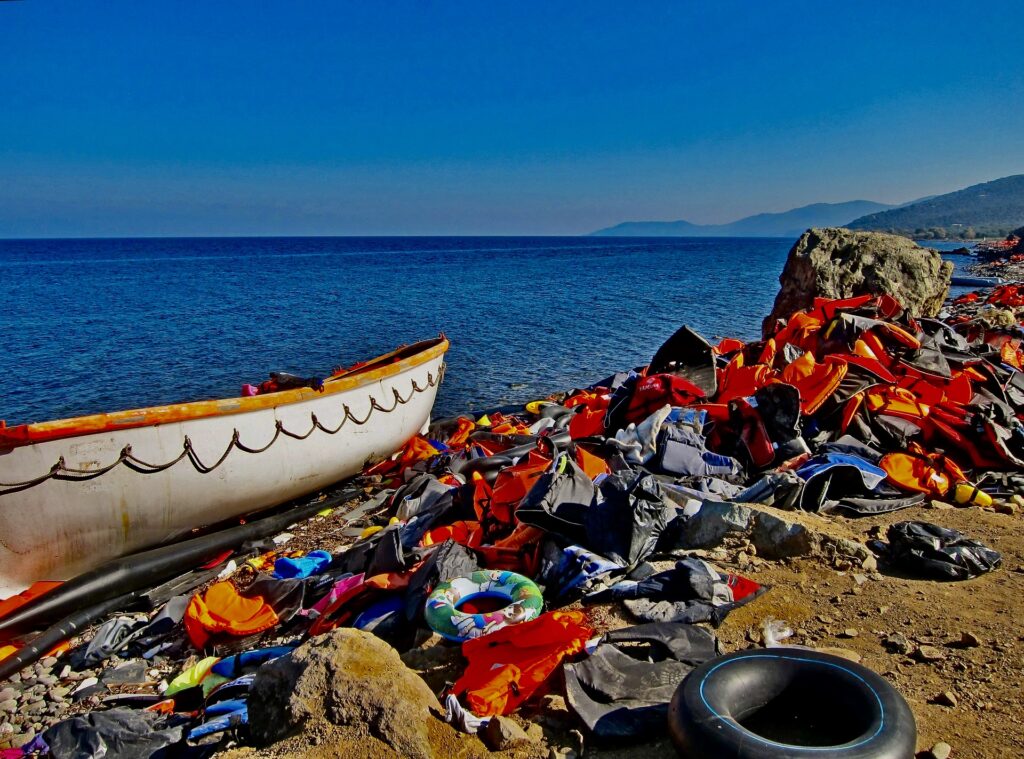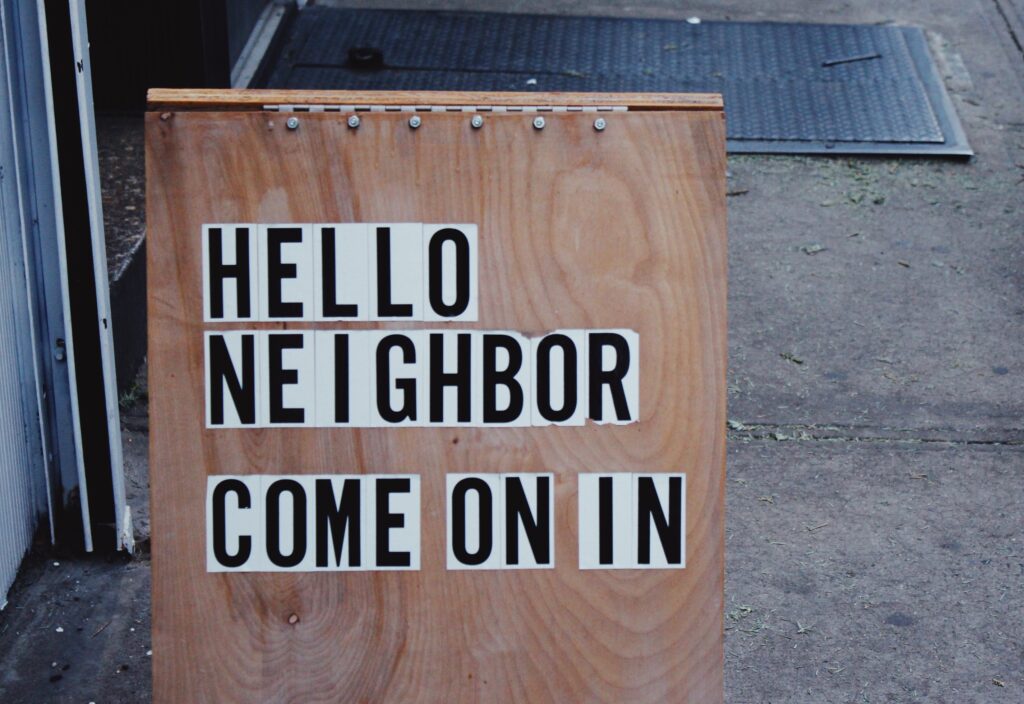Saturday mornings make for good talks in our household. Some get up early. Others choose to sleep in. But eventually, we all get together for a cup of coffee and a late breakfast. And we talk.
Each one brings their thoughts and questions to the table, not expecting simple, shallow answers, but rather searching for someone who will walk alongside them on a quest for truth and understanding. So, we walk. While seated at the table.
“Who do we help? In a world full of needs, who do we stop for?”
Yeah, I warned you. No simple answers will do.
The immense need
The backdrop is a refugee situation that has been ongoing for years. Only in 2015, one million people fled from Afghanistan, Pakistan and Syria, as well as from other countries. Some came to Scandinavia, and our church was heavily involved in helping those who reached the West coast of Norway. The steady flow of refugees across Europe has diminished, but there are still several refugee camps in Greece.
The refugee camp of Moria on the Greek island of Lesvos just burned down to the ground, leaving 13 000 desperate refugees with nothing. The few items that they had been able to rescue from their home country were gone. Pictures of loved ones. Memorabilia. Tiny things that had provided them with hope and a sense of belonging. All gone. The tent that had been their home for months or years. Vanished. The plans for a better tomorrow. Buried in ashes.

Among the 13 000 refugees are 7 000 children, many without parents. Having fostered for a couple of decades, I shudder at the thought of the many traumatized children who have no-one to console them, feed them, and shut the world out. They will be adults someday, too. Maybe.
Facing the needs of others
If you have next to nothing and you lose it, is that a greater loss than if you lose a lot?
The refugees had their entire existence in a tiny tent at a Greek island a long way from home, and this week a fire snatched their past as well as their future.
The Norwegian government quickly said that they would accommodate 50 refugees in our country.
50 refugees.
My heart broke. Not more than 50? Should one of the world’s wealthiest countries really not welcome more than 50 broken, traumatized refugees who had just lost it all?
Thankfully, several mayors stood up to the government, saying that “We will gladly welcome 50 refugees to our city alone!”
#50erikkenok – a Norwegian hashtag saying “50 is not enough” exploded, as people got ready to serve those in need.
Because for this we were created: to love, serve, and walk humbly with our God.

In a world full of need, who do we serve?
When Heidi Baker asks us to stop for the one, who is our “one”?
Well, I can tell you for sure that Mama Aida doesn’t settle for serving one person only. She stops for the one, loves and serves, before moving over to the next one. That’s her life. That’s her legacy.
In Luke 10, the religious scholar asks Jesus what he needs to do to inherit eternal life?
Jesus repeats the commands of loving God and loving others.
It says that the scholar, wanting to justify himself, questioned Jesus further, saying, “What do you mean by ‘my neighbor’?
It’s interesting that the Bible says that the scholar wanted to justify himself. After all, Jesus had not accused him? But his own heart had convicted him.
Jesus goes on to telling the parable of the good Samaritan. A man is beaten, robbed and left to die. Three men passes him – a kinsman, a clergy and a despised stranger. Only the foreigner, the Samaritan, goes out of his way to care for the suffering.
Jesus asks the scholar who he reckons to be the man’s neighbor, and he answers, “The one who showed him mercy.”
The one who gave without expecting anything in return.
He who showed mercy once he encountered a need.
The Samaritan, who refused to consider whether the wounded man had the right passport, an acceptable faith, or a proper backstory.
He just tended to his wounds. Much like a good parent would.
Just as our Heavenly Father does. No questions asked.
Do we help only when it’s convenient?
Do we help only when we stand to gain?
Or do we go out of our way to search for the wounded left behind?
If I only serve those I like, those who I have something in common with, the people that I find acceptable; then I only serve my own needs and preferences. Then, how will my neighbor encounter the Father’s love – through me?
Who is the acceptable neighbor?
Who is your neighbor?
Not theoretically, but practically.
Who will you serve today?
Whose wounds will you tend to?
Who will you go out of your way for?
You have just listened in on our Saturday breakfast discussion. Our regular guest at the table weighed in. You can always count on him to show up for breakfast. He just loves to hang out with us.
“And not one of the disciples needed to ask who it was, because every one of them knew it was the Lord.”
John 21:12, TPT

